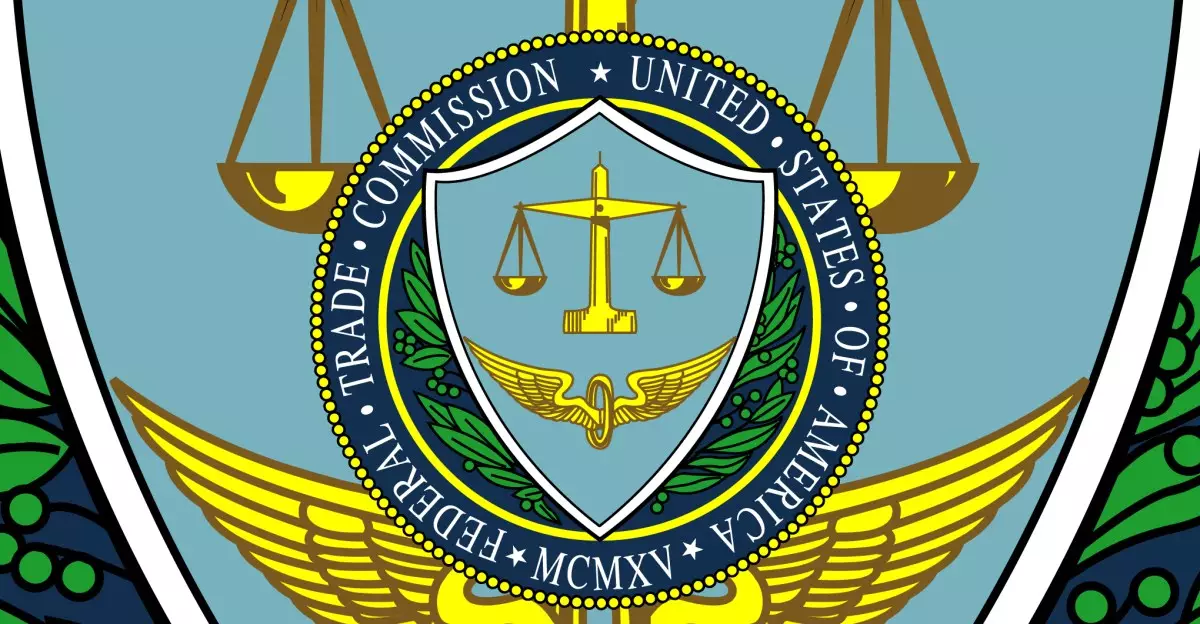The Federal Trade Commission (FTC) finds itself in a precarious situation, traversing a labyrinth of staffing issues and budget constraints that threaten its operational capabilities. The agency’s woes were front and center during a recent court session, where attorney Jonathan Cohen articulated concerns regarding the potential impact of these challenges on an impending trial against Amazon. As the FTC grapples with these hurdles, questions arise about its capacity to enforce consumer protection effectively and how that might translate into the broader dialogue surrounding digital accountability.
The backdrop of this struggle is multifaceted. On one side, the FTC has faced quiet staff losses, especially within its divisions handling critical cases. These departures are not merely numbers; they represent a loss of knowledge and continuity in an agency that has taken bold steps to regulate some of the most influential technology companies. Notably, recent terminations of probationary staff illustrate a regrettable trend that not only undermines morale but may severely handicap the agency’s effectiveness during critical litigation.
The Timing Dilemma: A Trial Postponed
Originally set for September 22, 2023, the trial’s delay has stirred significant debate, both legally and politically. The FTC’s request for a two-month postponement does not come without criticism. Amazon’s legal counsel, John Hueston, contests the FTC’s portrayal of its preparedness; he argues that the agency has the necessary resources to proceed as planned. This pushback illuminates an intersection of interests: Amazon’s aggressive defense strategy clashing with the regulatory body’s struggle to maintain authority amidst agency resource limitations.
This development raises a critical question: Does the FTC genuinely lack the means to pursue its case against one of the world’s largest corporations? Or is this an instance of strategic maneuvering in the face of possible defeat? The answer could imply deeper systemic flaws within the FTC, which may be emblematic of a broader trend in regulatory bodies being starved of adequate resources and personnel just when they are tasked with navigating complex, tech-driven marketplaces.
Changing Leadership: A Shift in Priorities
The FTC’s legal battle with Amazon is further complicated by a change in leadership. Transitioning from the previous Democratic chair, Lina Khan, known for her aggressive stance against Big Tech, to the new Republican chair, Andrew Ferguson, signifies a potential shift in strategy. Ferguson’s alignment with Trump’s policies signals a pivot that may affect both the FTC’s methods and objectives.
Khan’s allegations against Amazon regarding deceptive enrollment practices for its Prime subscription echo the growing concerns about ethical customer engagement in the tech sector. However, with Ferguson at the helm, there is a palpable tension: how far will the FTC press its case against a company whose founder has cozied up to right-wing politics? This scenario highlights how changes in political leadership can pivot the course of regulatory actions, complicating the pursuit of consumer justice in the digital age.
The Bigger Picture: The Landscape of Regulatory Oversight
As the FTC navigates its trials with Amazon, the bigger picture of regulatory oversight in the technology landscape looms large. The cutting-edge dilemmas surrounding privacy, antitrust, and consumer protection are more relevant than ever. With Elon Musk’s Department of Government Efficiency slashing budgets across various entities, it appears that regulatory agencies are forced to strike a delicate balance between enforcement and operational viability.
Digital giants like Amazon operate within an ecosystem often shaped by regulations that can lag behind industry innovations. As such, it becomes imperative for the FTC to not only reinvigorate its resources and staffing but also leverage technology and data analytics in its mandate. The effectiveness of regulatory bodies in effectively overseeing sprawling technology markets will determine whether these institutions can hold powerful corporations accountable.
The ultimate question remains whether the FTC can overcome its internal challenges to fulfill its mission—or whether it will succumb to the very pressures it seeks to regulate, ultimately failing consumers who rely on its oversight. This juncture stands as a critical moment, with implications not only for Amazon and the FTC but for the integrity of digital marketplace accountability as a whole.

